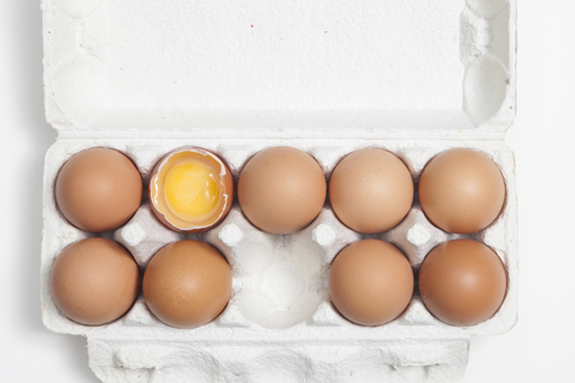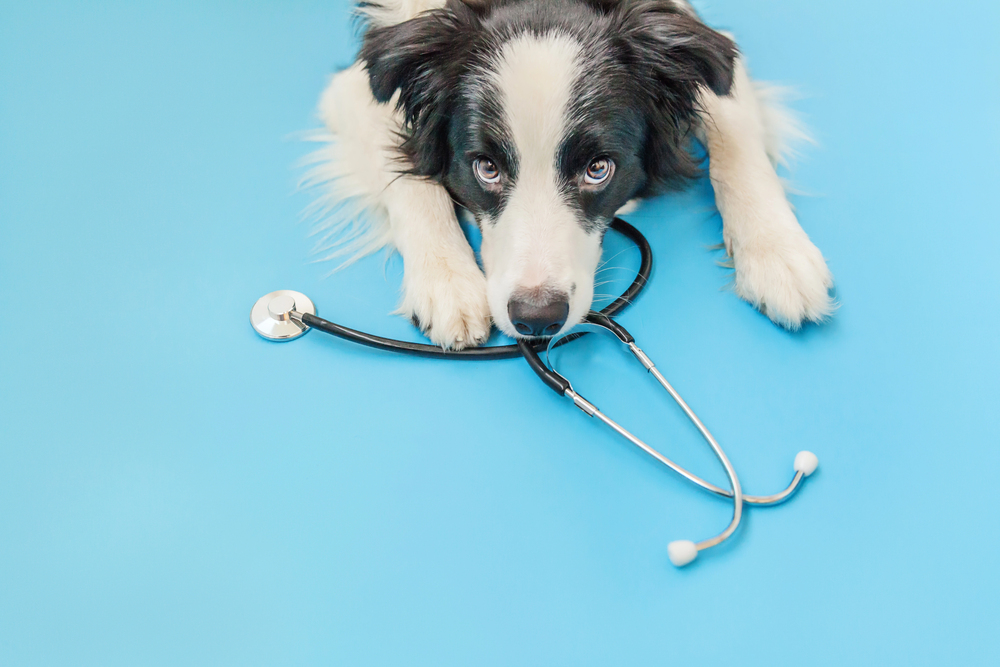Why Product Recalls Are on the Rise—and Why You Should Care

By: Jacquelyn Connelly
The number of food recalls per year in the U.S. has almost doubled since 2002, according to Swiss Re Corporate Solutions. And 2015 marked a record year for auto recalls—51 million, according to the National Highway Traffic Safety Administration.
There’s no denying that product recalls are on the rise. But what’s driving the trend?
Beyond standard production errors, Florian Beerli, senior vice president and head of the product recall team at Chubb, points out that drastic changes are unfolding in today’s manufacturing and supply world.
“You don’t do business the way you did 15, 20, 25 years ago,” Beerli says. “Your supplier used to be your next-door neighbor. Today, global supply chains are presenting a challenge for manufacturers in ensuring you get what you ordered, especially on the component parts consumer goods side.”
In addition, “we have a lot better detection tools and stricter safety rules now than we ever had in the past,” notes Tyson Peel, national property-casualty manager at Burns & Wilcox Canada. “That means when manufacturers cut corners or make mistakes, we’re able to better determine those mistakes and grab them a lot earlier than we ever were before.”
And as suppliers handle more complicated products, “one item that has a failure could already be in multiple products, in multiple geographies, in multiple cultures,” Peel points out. “It becomes a lot more difficult to recall all the products back to that point in time.”
For example, in the food and beverage segment, “a lot of the bigger publicized recalls are caused by a single ingredient that affects thousands of products,” Beerli explains. “If many distributors and suppliers are using that one ingredient, that ends up spreading throughout the industry.”
Why should you care? The increase in recalls translates to an increase in related insurance claims, which means “the potential for the payout is a lot bigger at the end of the day, and it becomes more complicated as well,” Peel says.
Whereas Peel observes a lot of capacity in the “ultra-competitive” product liability space, things are more complicated in product recall insurance. “On a standalone basis, product recall is becoming more commonplace, so the pricing is becoming a little bit cheaper as we become more knowledgeable about the claims aspect,” he explains. “But as products become more complicated and wider used, the costs go up at the same time.”
“There’s definitely an uptick in submissions, and at the same time there are more competitors coming in, which can be good or bad,” Beerli agrees. “There’s a high demand right now for product coverage, and we definitely see the benefits. The more buyers, the better.”
But of the roughly 250,000 manufacturing companies in the U.S., 70-80% currently do not have a product recall policy, according to Beerli—and that’s not only a mistake, but an opportunity.
“If you’re placing a product liability policy, you probably should look at product recall as well, because it goes hand in hand,” Beerli suggests. “Product recall insurance is pure financial loss coverage to protect the insured’s balance sheet. Because of recall, you can lose customers, you can lose contracts. Companies have closed their doors because of recall events. This is all about your client’s bottom line.”
Like any coverage you’re recommending to a client, use common sense. “If you’re making a pen, do you need product recall coverage if it fails? Probably not as much,” Peel points out. “But the auto market, for example, is massive on that kind of thing. Any company that has a product that could directly affect people’s safety—they should have a definite combination policy for product liability with a recall plan and a recall policy in place.”
“At least get a product recall indication and start educating yourself and the insured,” Beerli adds. “We know it’s a process and it may take time until they pull the trigger. But you both need to look into it first before you make that determination. Make an educated decision.”
Jacquelyn Connelly is IA senior editor.










